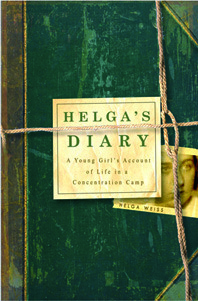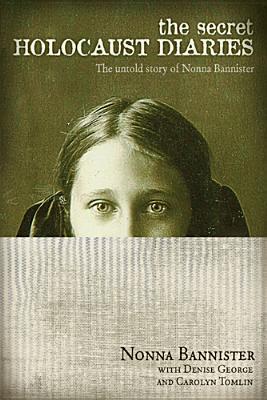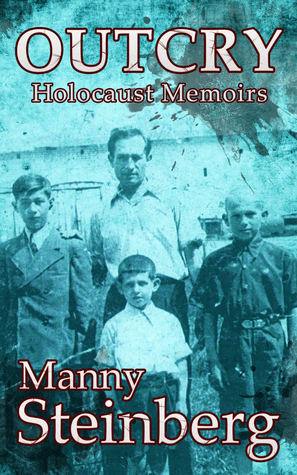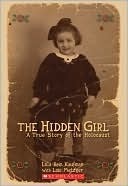
Helga's Diary: A Young Girl's Account of Life in a Concentration Camp
Book Description
A young girl’s laughter echoes in the shadows of despair. In the heart of a concentration camp, Helga Weiss captures the haunting truths of survival, friendship, and resilience. As she navigates the chilling realities of daily life under oppression, her diary becomes a lifeline—each page revealing harrowing struggles and fierce hope. Amidst the loss, powerful bonds form, and dreams flicker like candles in the dark. Will Helga's indomitable spirit prevail against the relentless tide of cruelty? Experience the unfiltered lens of innocence amid horror—can a single voice change the course of memory?
Quick Book Summary
"Helga's Diary" is the firsthand account of Helga Weiss, a courageous young Jewish girl whose vivid diary entries chronicle her experiences before, during, and after her internment in the Theresienstadt concentration camp during the Holocaust. Beginning at age twelve, Helga records both the ordinary and extraordinary facets of her life—her childhood in Prague, the deportation, and daily life surrounded by suffering and uncertainty. Despite unimaginable hardship, Helga finds meaning in friendship, family ties, and small moments of kindness. Her diary reveals her inner strength and resilience as she confronts fear, loss, and oppression. Through the innocent yet poignant eyes of a child, this memoir stands as a testament to the human spirit’s capacity for hope even amidst the darkest times.
Summary of Key Ideas
Table of Contents
Childhood Interrupted: Innocence Amid War
Helga Weiss’s early years in Prague, before the war, were marked by love, learning, and the routines of childhood. This innocence is abruptly shattered as anti-Jewish laws progressively restrict the freedoms of Helga and her family. The diary traces her initial confusion and growing fear as she is forced to contend with exclusion from school, loss of friends, and the ever-present anxiety that pervades her family’s life. Her writing keenly captures the profound impact of war on a young girl, making her early entries a record of innocence interrupted by the encroaching shadow of Nazi persecution.
Survival and Resilience under Oppression
Helga’s deportation to the Theresienstadt camp, accompanied by her mother, introduces the harsh realities of camp life. The diary details cramped living conditions, hunger, forced labor, and the constant threat of transport to extermination camps. Yet, within this daily struggle for survival, Helga’s resilience is evident. She finds ways to adapt, drawing strength from the bonds she forms with other children and the supportive relationship with her mother. Through diary entries and sketches, she preserves her sense of self, depicting the mechanisms of survival that enabled her and a handful of others to endure such adversity.
The Importance of Art, Memory, and Expression
Art and self-expression become crucial for Helga, not only as a means of recording her experiences but also as a form of resistance and psychological survival. Her diary, often accompanied by drawings, is an act of defiance against the erasure of individuality by the camp regime. Art class in the camp and secret writing sessions help her maintain a connection to her sense of humanity and foster hope. Through her words and images, Helga immortalizes both the suffering and the fleeting moments of beauty she observes, underscoring the importance of memory.
Loss, Friendship, and Finding Humanity
Amidst profound loss—the deportation and death of friends and loved ones—Helga’s diary also spotlights the power of friendship and fleeting moments of joy. Shared confidences, solidarity, and laughter among the children in Theresienstadt provide crucial psychological relief and a semblance of normalcy. Her reflections on friendship, acts of selflessness, and the endurance of kindness highlight the capacity to find and create meaning even when humanity itself is under threat. These experiences deepen her understanding of life, loss, and the human capacity for compassion.
Bearing Witness: The Legacy of Testimony
After her liberation, Helga continues to bear witness, aware of the significance her testimony holds for the world. Her diary stands as a document of resistance and memory, giving voice to countless children whose stories were silenced. By chronicling her survival, Helga contributes to the collective remembrance of the Holocaust, underscoring the imperative to never forget. Her words are a call to future generations to recognize the consequences of hatred and to uphold hope, resilience, and humanity in even the darkest of times.
Download This Summary
Get a free PDF of this summary instantly — no email required.





